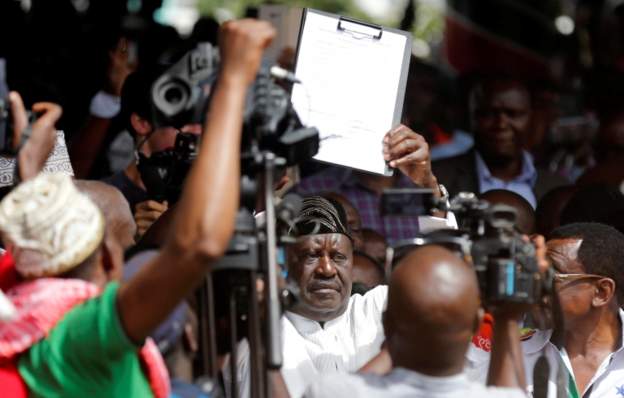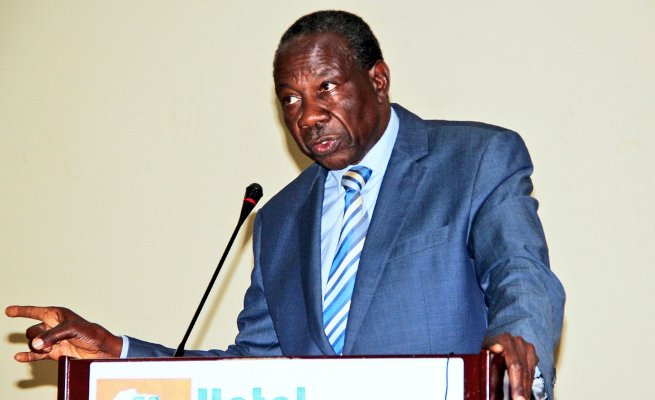The Kenya Bureau of Standards (Kebs) is facing criticism by the five maize millers whose licenses it suspended on Saturday over high aflatoxin levels in their products, the Daily Nation reports.
Kebs on Saturday banned sale of Dola by Kitui Four Mills, Kifaru by Alpha Grain Limited, Starehe by Pan African Grain Millers, 210 Two Ten by Kenblest Limited and Jembe by Kensal Rise Limited.
This is until the companies take corrective measures to meet Kenya’s standards.
VARIATIONS
On Sunday, Kitui Four questioned the test results and claimed that its internal auditing and tests from external laboratories showed different results.
General Manager Abdalla Said further said results differ based on the laboratories used so the “unilateral finding” that informed Kebs’ statement cannot be relied upon. He said the finding contradicts reports from several other independent tests, which he said showed an acceptable aflatoxin level of 1.5 parts per billion (ppb) in their product against the maximum limit of 10 ppb by Kenya’s standards.
“We were taken aback by the notice issued by Kebs, which claims our product has failed the standardisation test,” he said.
CUSTOMER FIRST
Mr Said also noted that in its 20 years of operation, it has supplied world class maize flour and helped enhance family health and the public’s well-being.
The general manager said, however, that they were committed to working with Kebs to expeditiously resolve the matter as their most important concern is the customer.
“While we are aggrieved by this turn of events, our company is focused on assuring our customers that the 20-year-old tradition of providing our customers with international and quality ‘unga’ cannot and will not change.
“As a responsible corporate citizen, we are committed to working with Kebs to expeditiously resolve this matter.”
METHOLODY
The Cereal Millers Association also decried the ban, saying it did not understand the laboratory parameters Kebs used to test the affected brands.
“Test results for aflatoxins differ from laboratory to laboratory,” said the miller’s chairperson, Mr Mohamed Islam.
“Therefore, we would like to take time to understand Kebs’ methodology of testing for aflatoxins and compare it with our own independent tests, which we do from time to time.”
Kebs said the ban followed market surveillance and multiple reports from the public.





